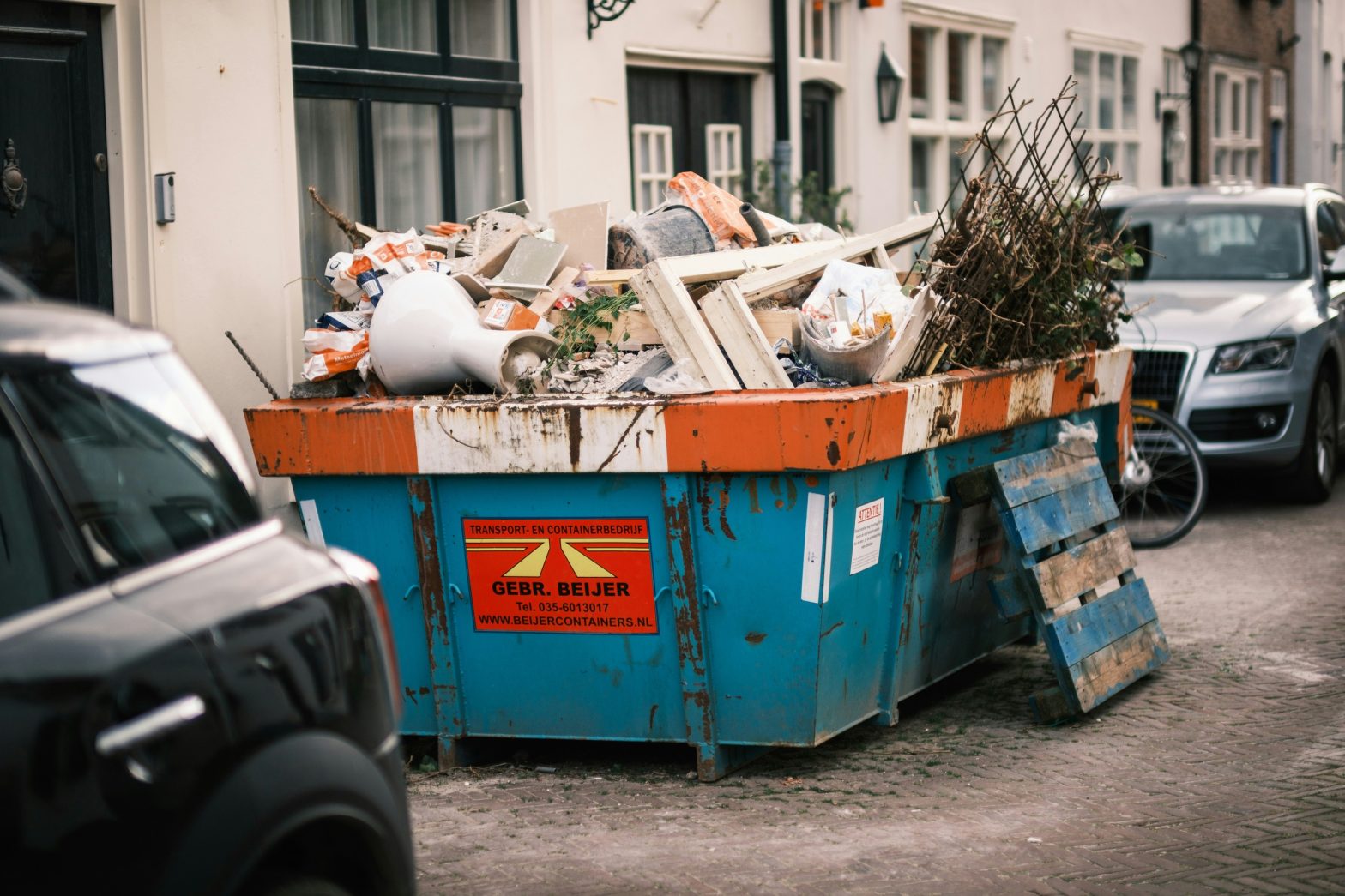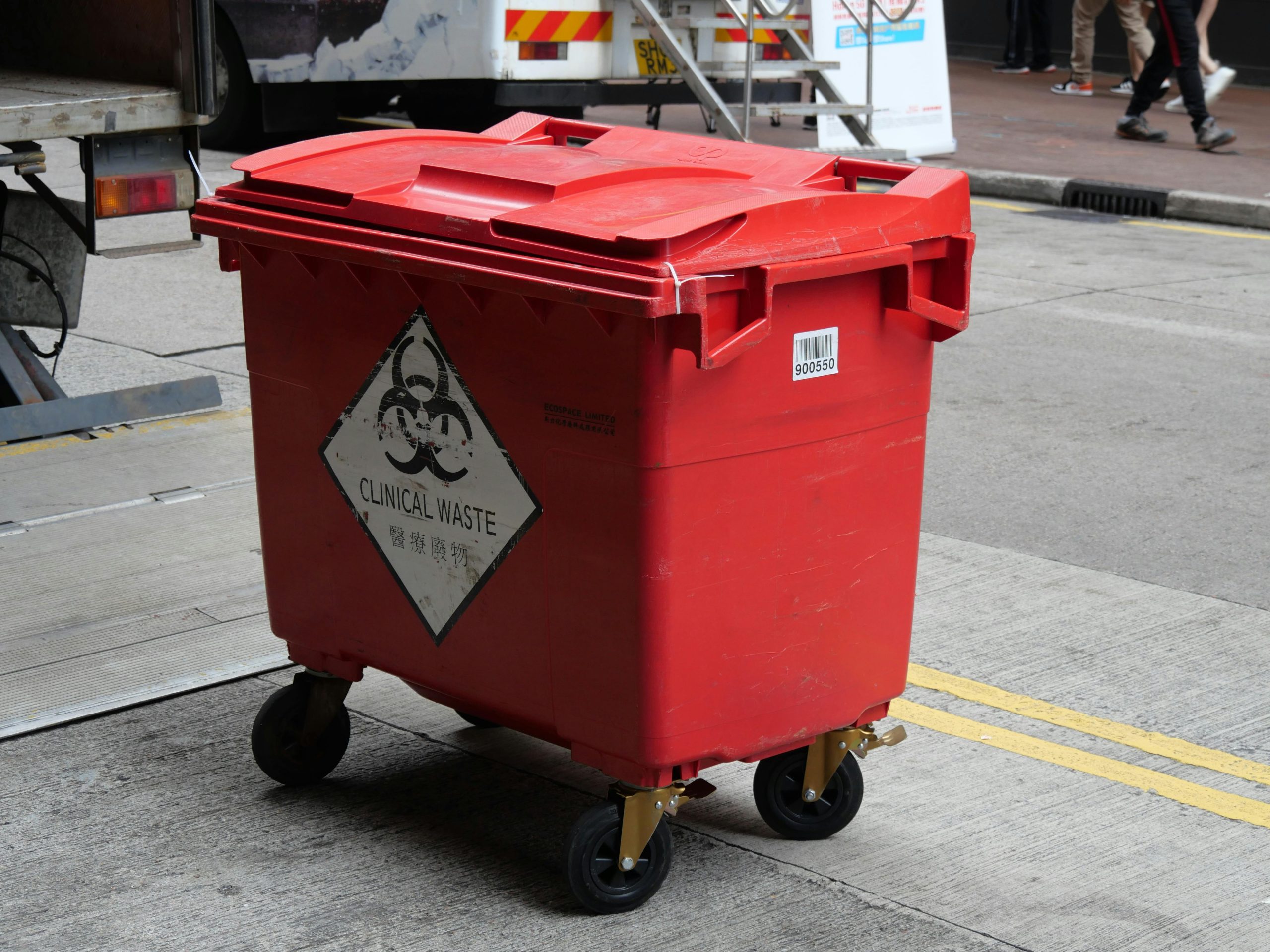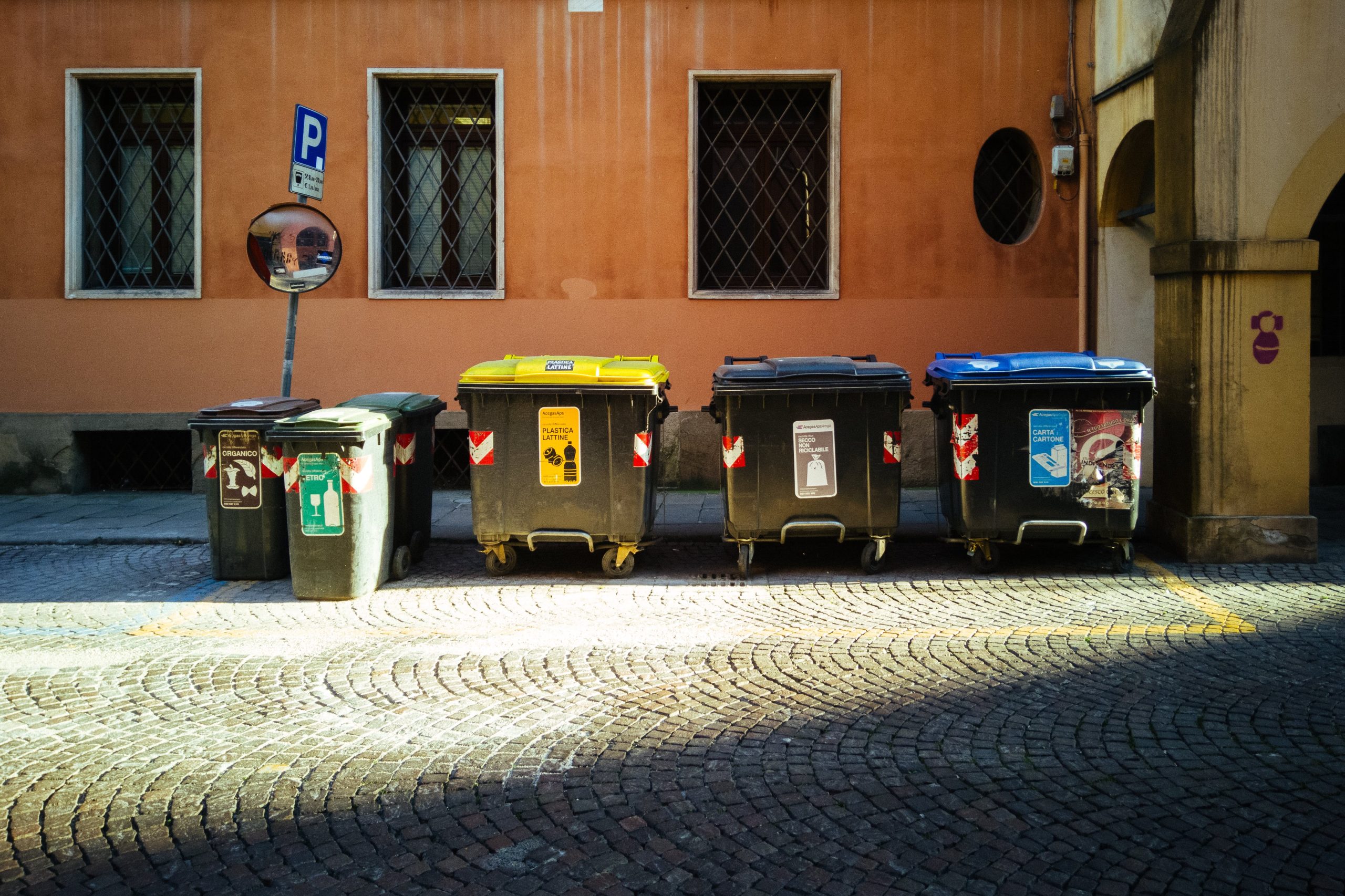
Skip Bin Safety Guide: Homeowners & Contractors Best Practices
Skip bin safety should be a top priority on any clean-up, renovation, or worksite. Hiring a skip bin might seem simple, but there are a few safety tips worth knowing, especially if it’s your first time or you’re working on a bigger job site.
From safe placement to loading properly, here’s how to stay safe while making the most of your bin hire.
Place Your Bin Correctly
One of the most common issues is bin placement. Wondering how to place skip bins without risk? Keep these things in mind:
- Choose a flat, stable surface like a driveway
- Make sure there’s clear access for the delivery truck
- Avoid overhanging trees or power lines
If you’re placing the bin on a public road or nature strip, you may need a council permit. A reputable company will help you arrange this during booking.
You’ll also want to think about pedestrian and vehicle traffic. Bins placed too close to footpaths or driveways can create hazards. Ensure there’s enough room for cars to reverse or pull in safely, especially if the bin will be there for a few days.

Load the Bin Safely
Knowing a few basic skip bin loading tips can help avoid injuries and damage. Here’s what to keep in mind:
- Distribute weight evenly so the bin doesn’t tip
- Place heavier items at the bottom
- Don’t overfill (keep waste below the rim)
- Avoid sharp or awkward items sticking out
Never climb into a skip bin to rearrange things or squash rubbish down. It’s an easy way to roll an ankle or worse. If something doesn’t fit, take it out and reorganise from outside the bin.
If you’re tossing construction debris, wear gloves and steel-capped boots. Contractors should follow standard PPE protocols, too. If you’re hiring labourers or trades on-site, give them a quick rundown on skip bin safety, assuming they’ve never used one before.
Don’t Put Prohibited Items In
Safety isn’t just about where the bin sits or how you fill it. It’s also about what goes inside. Skip bins aren’t designed for hazardous materials. That includes:
- Asbestos
- Paint, chemicals, and oils
- Gas bottles
- Batteries
Putting these in your bin creates health risks and can result in extra fees or rejected pickups. Instead, speak to your provider about disposal options or use designated drop-off points. If you’re not sure what’s allowed, always ask; assumptions can be costly.
Separate Waste Types
If your bin is meant for general waste, don’t sneak in bricks or concrete. Different bins are made for different jobs. Mixing waste types can be unsafe to handle and may attract extra charges.
For example, commercial skip bins are better for heavy construction materials, while mixed household rubbish is fine for general-purpose bins. Not sure? Ask your provider before booking.
You can also request a specialised bin for green waste, clean fill, or recyclable materials. Using the right bin type means safer handling, lower costs, and less waste going to landfill.
Watch Out for Common Mistakes
Many accidents happen due to small oversights. These are the common mistakes hiring skip bins that can lead to issues:
- Placing bins too close to footpaths or traffic
- Overloading the bin or blocking access
- Leaving lids open or items unsecured in windy areas
- Ignoring council rules for street placement
- Letting waste pile up beside the bin (council fines incoming!)
Homeowners often forget to inform household members or tradies about where the bin is going. Clear communication and signage (if it’s on a shared driveway) go a long way.

Choose the Right Provider
Working with a reliable company matters. They’ll offer clear instructions, confirm delivery placement, and provide advice on what’s allowed. If you’re not sure what bin type suits your project, the team can guide you on choosing a skip bin company.
Look for providers with clear hire terms, transparent pricing, and flexible drop-off times. For Sydney projects big or small, 7 Skip Bins offers fast, safe, and affordable skip bin hire with delivery across residential and commercial sites.
Our Final Safety Tip
Keep kids and pets away from skip bins, especially during loading. Curious little hands and paws can easily get hurt around sharp edges and unstable waste.
And always wash your hands after handling waste, especially if you’ve been dealing with older furniture, building materials, or garden waste.
Play it safe, plan ahead, and your skip bin hire will go off without a hitch.





